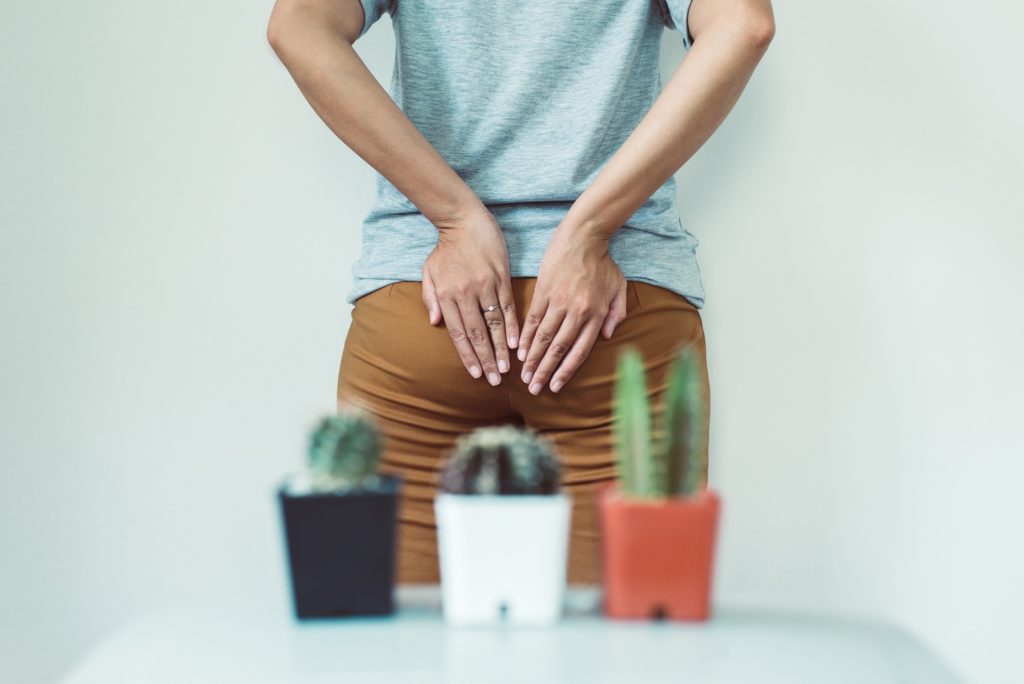Proctology
Laparoscopy
Menu
Noticed a painful boil-like formation in the anal region? Don’t panic. You may have a Gluteal Abscess. Just get in touch with our team of experienced doctors at Definite Cure. We offer the best treatment options for this condition with painless removal and quick recovery.
Read on to understand the complications of gluteal abscess and the treatment and care involved.

A gluteal abscess is a lesion in the gluteal area that is filled with pus and has a very visible inflammation. This type of abscess may also be filled with bacteria, white blood cells and dead tissue. It feels like a hard lump and is characterized by a lot of pain.
Gluteal abscesses are most common in the skin around the anus. It is also noticed on the subcutaneous plane of the muscles in the buttocks.
Proper diagnosis of gluteal abscess followed by treatment is necessary to prevent the chances of a fistula. This is an anomaly which connects the skin and the infected area. It needs to be surgically removed.
One of the most serious complications of gluteal abscess is called Necrotising fasciitis. This is when deep tissue develops a bacterial infection. In severe cases, the tissue may be damaged entirely, eventually causing the infection to spread to other tissues.
The following gluteal abscess symptoms are an indication that you need to see a gluteal abscess specialist immediately:
The symptoms vary according to the severity of the abscess.
The most common gluteal abscess causes are:
Since gluteal abscesses appear mostly on the surface, they are easier to detect and diagnose. Gluteal Abscess diagnosis involves a simple physical examination. The area is checked for any inflammation, lumps and redness of the skin.
The gluteal abscess specialist will also ask you a few questions pertaining to the duration of the condition, the possible causal factors and the symptoms experienced.
The accumulation of pus is one of the primary issues with any form of an abscess. Gluteal abscess treatment depends upon the size of the gluteal abscess.
Incision and drainage is the most common procedure when it comes to this condition. A small incision is made on the wound surgically. Then the pus is drained out.
If the abscess is very large, it may have to be surgically removed along with a small portion of infected tissues around it.
The wound is left open after the pus is drained. There is no gauze or dressing when it comes to incision and drainage. Definite Cure ensures the best gluteal abscess treatment in India for faster recovery and minimal scarring.
Post-operative care after draining the pus includes medication to prevent any chance of infections. Since the wound is left open, post-operative care is minimal.
Only if the patient is diabetic or has any other health issues, he or she may require hospitalization. If you experience any pain in the area, a warm soak for a few minutes can provide quick relief.
For gluteal abscess prevention, hygiene and cleanliness are most important. Keep the area dry and clean. Avoid wearing tight clothing for long periods of time. In case you have any health issue that requires frequent injections, make sure that the area is cleaned thoroughly after injections.